Humans
Sign up for our newsletter
We summarize the week's scientific breakthroughs every Thursday.
-
 Health & Medicine
Health & MedicineA little tablet time probably won’t fry a toddler’s brain
Good or bad, the effects tablet and smartphone use among toddlers demand more research.
-
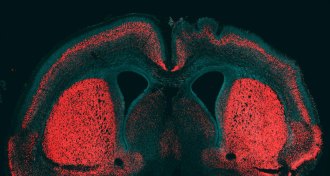
-
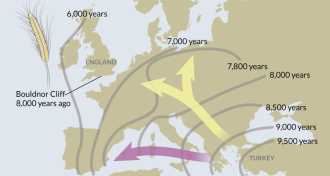 Anthropology
AnthropologyWheat reached England before farming
European hunter-gatherers may have traded for agricultural products 8,000 years ago.
By Bruce Bower -
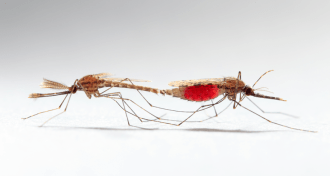 Life
LifeSexual conflict in mosquitoes may have worsened spread of malaria
Sexual conflict in Anopheles mosquitoes may have intensified their power to fuel human malaria.
By Susan Milius -
 Health & Medicine
Health & MedicineAdditives that keep foods fresh may sour in the gut
Additives called emulsifiers that are used in ice cream and other foods weaken the intestines’ defenses against bacteria, causing inflammation in mice.
-
 Health & Medicine
Health & MedicineCommunity protection against measles jeopardized
‘Herd immunity’ to measles may be threatened by low vaccination rates in some parts of the United States.
-
 Health & Medicine
Health & MedicineWhy stress doesn’t just stay in your head
Chronic stress may start in the brain, but new research reveals that its influences on the body roam far and wide.
By Eva Emerson -
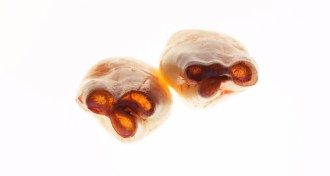 Health & Medicine
Health & MedicineStem cells from wisdom teeth could help repair corneas
A study points to a potential new treatment for corneal blindness: Stem cells extracted from pulp from pulled wisdom teeth.
-
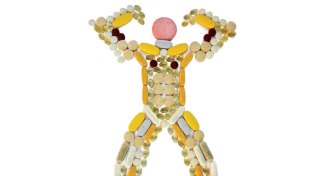 Health & Medicine
Health & MedicineFor athletes, antioxidant pills may not help performance
Supplements of vitamins C, E and other antioxidants may blunt the positive effects of exercise training.
By Laura Beil -
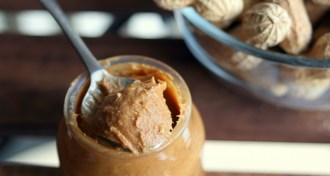 Health & Medicine
Health & MedicineEarly peanut exposure can reduce likelihood of allergy
In many infants at risk of developing a peanut allergy, early and steady exposure to peanut butter prevents it, a new study finds.
By Nathan Seppa -
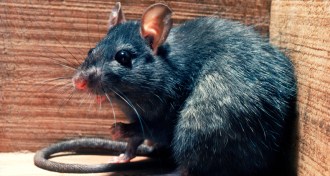 Ecosystems
EcosystemsBubonic plague was a serial visitor in European Middle Ages
Outbreaks of Black Death in medieval Europe may have been triggered by faraway weather patterns and hungry gerbils.
-
 Science & Society
Science & Society‘This Idea Must Die’ singles out scientific theories ready for retirement
Researchers and writers weigh in on theories getting in the way of scientific progress in this collection of essays.